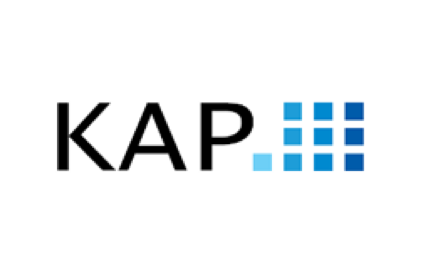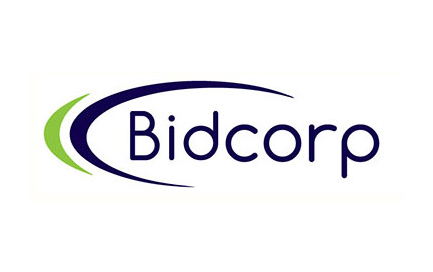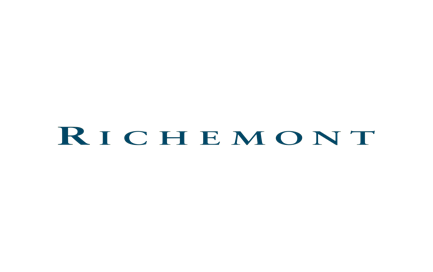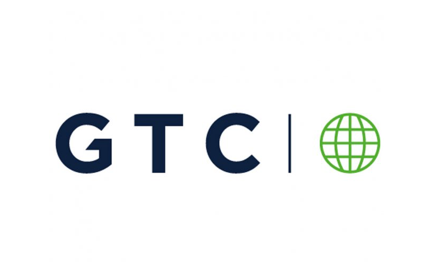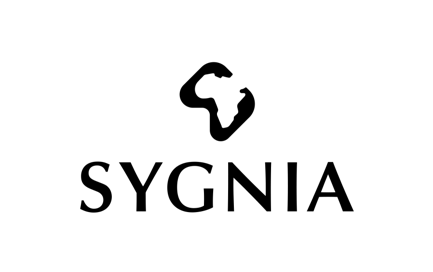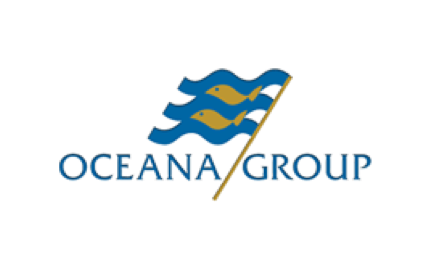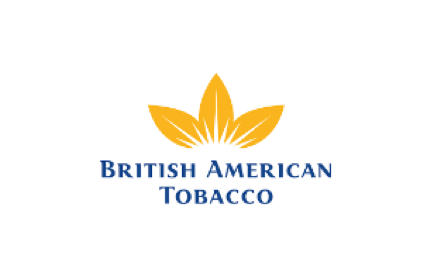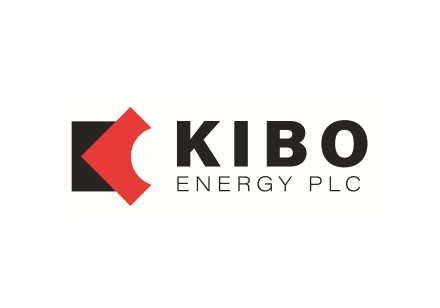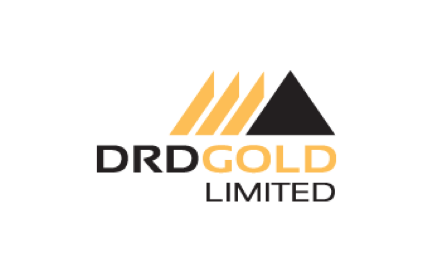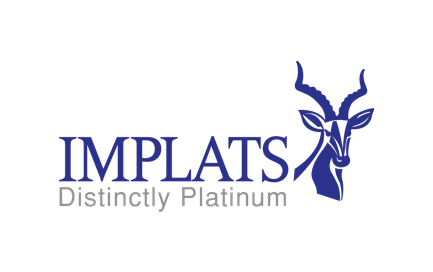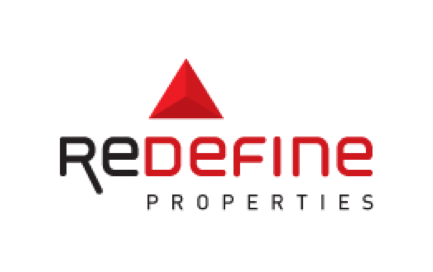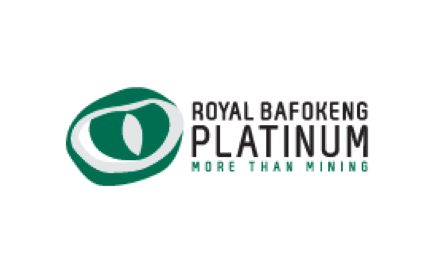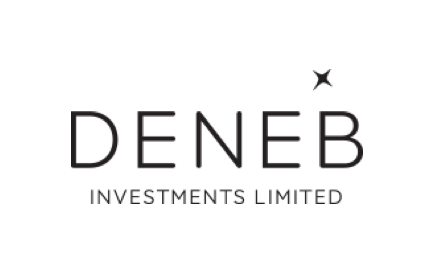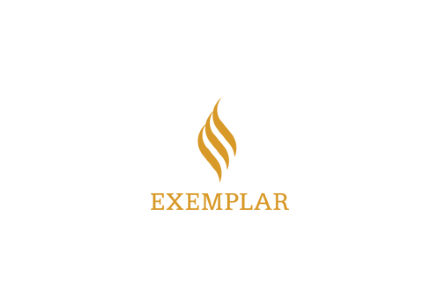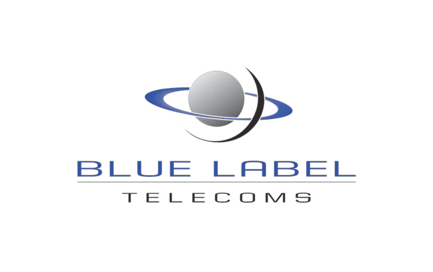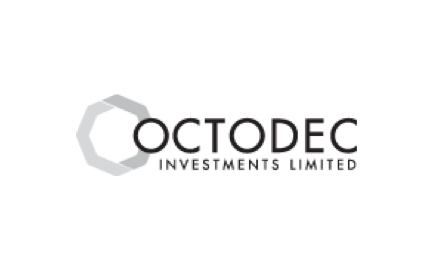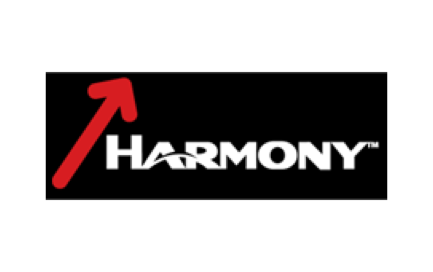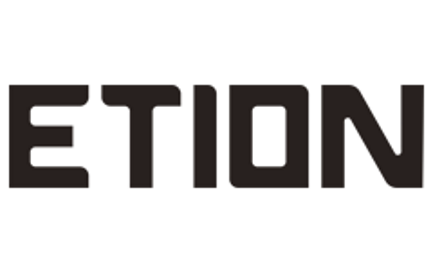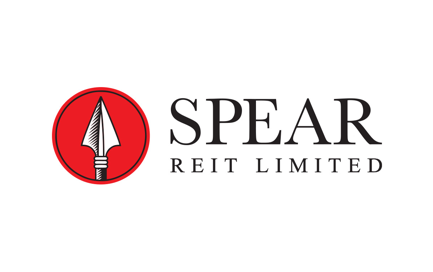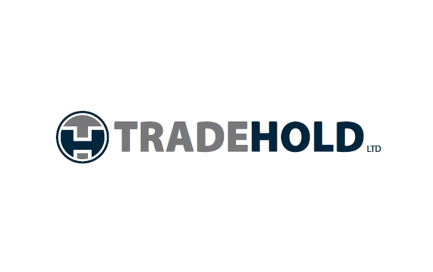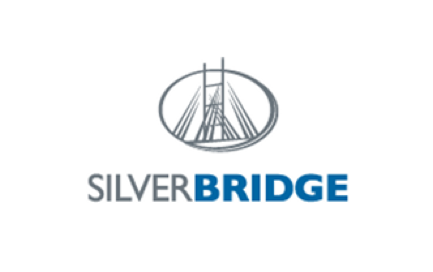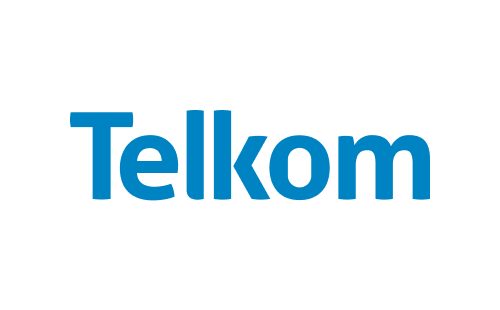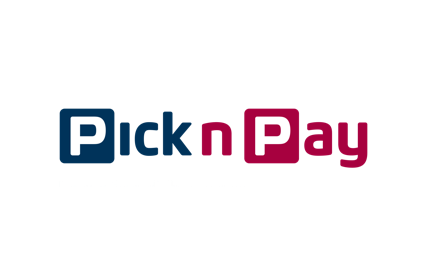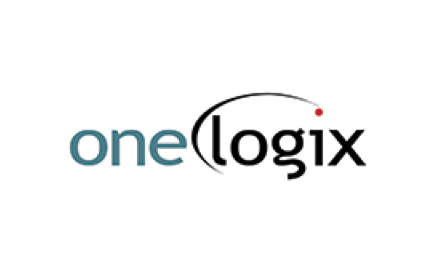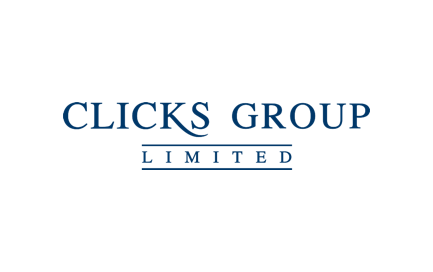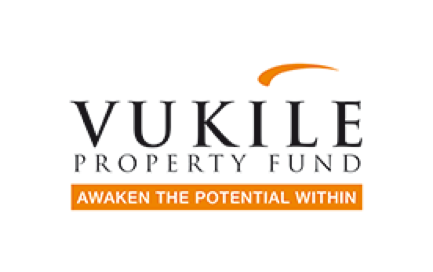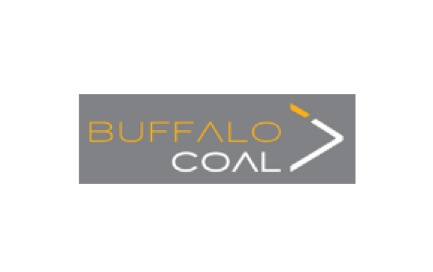If you enjoy Ghost Bites, then make sure you’re on the mailing list for a daily dose of market insights in Ghost Mail. It’s free! SIGN UP >>>
Corporate finance corner (M&A / capital raises)
- Richemont has announced a major step forward in its direct-to-consumer online strategy. I find this fascinating, with many of the world’s largest consumer brands going this way so that they can lock in the full margin as the manufacturer and the retailer. I always wondered whether there are enough people willing to spend the price of a family hatchback on a timepiece or necklace without even seeing the product, but YOOX NET-A-PORTER (YNAP) claims to have 4 million customers! Admittedly, most of those customers will be buying costly shoes and handbags rather than exceptional timepieces, so the jury is still out for me from a Richemont perspective. Richemont’s vision has been to make YNAP a neutral platform with no controlling shareholder, thereby helping the entire luxury goods industry to digitalise. US-listed FARFETCH (another company that loves capital letters) will be acquiring 47.5% in YNAP and an entity linked to Mohamed Alabbar will be acquiring 3.2%, so there will be no outright controlling shareholder. Alabbar is the founder of the property company that built the Burj Khalifa – quite a claim to fame! The announcement is somewhat contradictory, noting a put and call option structure that would lead to FARFETCH acquiring the remaining shares in YNAP. This would break the whole “no controlling shareholder” argument but I think Richemont’s point is that no luxury goods manufacturer would then control the platform. FARFETCH already operates an online marketplace for luxury goods and part of this deal will see Richemont’s Maisons (the private school word for “manufacturers of very expensive things”) joining the FARFETCH marketplace. Richemont will hold a stake of around 12% – 13% in FARFETCH after this transaction and will receive a further $250 million worth of shares after five years. There is no debt in YNAP and Richemont has committed a credit facility of $450 million for up to 10 years. Alabbar’s investment will take the form of a share-swap, as Alabbar will sell its joint venture in the Gulf region with YNAP to that company in exchange for a 3.2% stake. Richemont is taking a nasty knock to its income statement here, with a write-down of €2.7 billion. FARFETCH’s share price has tanked by over 77% this year (though it was over 10% higher pre-market thanks to this announcement). Online retailing of luxury goods clearly isn’t easy.
- In a transaction like Impala Platinum’s offer to Royal Bafokeng Platinum shareholders, there is considerable involvement from regulators and even government. The latest development is that Impala Platinum has concluded a Framework Agreement with the Minister of Trade, Industry and Competition. It deals with concepts like employment, support for small businesses and localisation. This is an important strategic step in the deal as the Competition Commission has already recommended an approval to the Competition Tribunal whose decision is pending. Northam Platinum is the sole party objecting to the Tribunal. As a reminder, the cash portion of the offer price is R90 and Impala Platinum has decided not to reduce the price by the amount of the dividend recently declared by Royal Bafokeng Platinum. The full offer is R90 plus 0.3 Impala Platinum shares for each Royal Bafokeng Platinum share.
- Etion Limited has distributed the circular for the proposed disposal of Etion Create to Reunert. You’ll find it at this link. The original firm intention announcement was missing some critical elements required by Takeover Law, specifically confirmation of Reunert’s available cash or a bank guarantee for the offer. This is such basic stuff for proper commercial lawyers, so I really don’t know why we are seeing all these Takeover Law issues lately. As a reminder, the Takeover Regulation Panel (TRP) is the regulator here and they do a great job. Reunert has now provided a bank guarantee and the other elements that were missing from the original announcement have also been addressed.
- Encha Properties, the B-BBEE investor in Vukile Property Fund, has had to sell a portion of its shares to settle a loan with Investec. The remaining stake is around 6% in Vukile and Encha plans to remain a long-term shareholder.
- Blue Label Telecoms is busy with the recapitalisation of Cell C, a process that has taken longer than initially anticipated. These things always take longer than people think. Binding agreements should be concluded soon and the transaction is expected to close by mid-September.
- Onelogix has been on the “will they / won’t they” list for a potential buyout for months now. The board’s enthusiasm to take the company private was tempered by macroeconomic conditions and company-specific issues, like a storm that caused significant damage. The company announced that NJB Investco (Pty) Ltd has sold all its shares in the company and that Best-Krug Saco (Pty) Ltd now holds 34% of shares in issue. The announcement doesn’t give further information on the parties sitting behind these entities.
Financial updates
- KAP Industrial released its results for the year ended June 2022. If we look at continuing operations, revenue increased by 17% and operating profit before capital items jumped by 40%, with operating margin expanding to 10.5%. The story gets even better further down the income statement, with headline earnings per share (HEPS) increasing by 73% to 74.4 cents. The share price is trading at around R4.40 so the Price/Earnings multiple is 5.9x based on those numbers. The numbers are slightly different with discontinued operations included, though the impact on HEPS is minimal (75.1 cents vs. 74.4 cents from continuing operations only). A dividend of 29 cents per share has been declared, nearly double the comparable dividend. The cash story isn’t quite as exciting as the earnings growth, with only a 17% increase in cash generated from operations due to working capital requirements. The segmental results vary considerably. PG Bison grew revenue by 16% and operating profit by 35%, with gross margins protected despite raw material cost escalations. Restonic was hammered by the riots in July 2021 and raw material cost increases at short notice, with revenue down 7% and operating profit down a nasty 73%. Automotive business Feltex also had a horrible year thanks to the riots and floods that had a significant impact on new vehicle assembly volumes. Feltex experienced a drop of 11% in revenue and 77% in operating profit. Polymer business Safripol (by far the most profitable division in KAP) had a wonderful year, with revenue up 35% and operating profit skyrocketing 227%. Although transport business Unitrans grew revenue 11%, operating profit dropped by 11%. The troubles came in the Unitrans Africa business, where profit collapsed by 77% despite revenue increasing by 7%. Finally, recently-acquired DriveRisk was included in this result for seven months and contributed R22 million operating profit at a margin of 9%, with KAP noting that performance was below expectations due to semiconductor chip shortages.
- Bid Corporation operates in the lucrative food service industry in 35 countries. It is a truly global company and you can invest in it right here on the JSE. The results for the year ended June 2022 reflect a return to restaurants by consumers. As Zoom’s share price will confirm, it turns out that people didn’t want to remain locked in their houses as the pandemic abated. Group revenue growth was 28.2% as reported and over 33% on a constant currency basis, driven by 49% growth in Europe (the biggest market) and 55.1% in the UK as the second-largest market. Cash generated from operations before working capital changes was 41.4% higher. They are very clever in making that distinction, as the cash net of working capital changes was only 3.9% higher. The overall movement in cash was negative this year, with significant investment in the business. This is largely to be expected in a period of recovery, as you need the balance sheet to support the operations. Other than Australasia, which put in a disappointing result for the first six months of the year thanks to Covid and draconian government regulations, the group is looking strong across the board. A final dividend of 400 cents per share has been declared. Although there’s been plenty of volatility along the way, the share price is essentially flat year-to-date. The recovery has been priced in for a while now.
- DRDGOLD has released results for the year ended June 2022. It’s been a tough period for the company, as the tailings model is all about volume throughput and squeezing out small margins. This makes DRDGOLD highly sensitive to the gold price, as small changes in price can have significant percentage impacts on the operating margin. An unsavoury situation is one in which the gold price is underperforming and inflationary cost pressures are coming through the system, which is exactly what has been happening. Revenue is down 3% and HEPS has fallen by 22%. Although the year-on-year comparison isn’t a great story, the company is profitable and has declared a dividend of 40 cents per share, identical to the comparable period despite the drop in earnings. The share price is down just over 20% this year.
- Harmony Gold has released a trading statement for the year ended June 2022. The CEO commentary focuses on discipline in capital expenditure and reduction of overall risk, which sets the tone for the news that Harmony will be restructuring the Tshepong Operations. Tshepong North’s sub-75 project has been suspended and the life of mine has been reduced from 19 years to 7 years. This creates a smaller but immediately profitable operation. The capital that was earmarked for Tshepong North will instead be used for the Zaaiplaats project and the Kareerand tailings expansion in the Vaal River region, both of which offer higher returns. Here’s something that will shock you at first blush: Harmony has recorded a loss in this financial year. Impairment losses have taken the group into the red, with an expected loss per share of between 160 cents and 189 cents. HEPS excludes the impact of impairments and other non-recurring items, so it is still a positive range (461 cents to 549 cents). R3.6 billion of the R4.4 billion total impairment relates to Tshepong Operations. Ouch.
- If you need to renew your ID card or passport at Home Affairs soon and you have several hours to kill, Redefine Properties just released the mother of all presentations. The capital markets day slide deck has 145 pages to keep you busy. Investors will care the most about the distributable income guidance, which was thankfully summarised in the SENS announcement. Distributable income for the year ended August 2022 is anticipated to be 52.6 cents per share, which is within previous guidance. For FY23, an increase of between 3% and 7.2% is expected. Between 80% and 90% of distributable income should be paid out as a dividend. Of course, these numbers depend on many factors like trading conditions in South Africa, the contribution from Eastern European subsidiary EPP and the inflation and macroeconomic outlook.
- Exemplar REITail (that really is the name) has updated the market on its performance for the 5 months to July 2022 and has issued a trading statement. Vacancies are down from 3.26% at 1st March 2022 to 2.8% at the beginning of August. Like-for-like rental is up by 6.3%. Despite inflationary pressures, property operating costs as a percentage of revenue decreased vs. the prior financial year, although administrative costs increased. With such a significant impact from Covid and the riots in the base period, the company has guided that the distribution per share for the six months ending August will be between 36.7% and 50% higher. Speaking of the riots, the last remaining property being repaired in the portfolio is Edendale Mall. Phase 1 of the rebuild will be complete by the end of this month, representing 42.5% of rental for the centre. The next 40% or so will open in December 2022, with the rest in April 2023.
- Globe Trade Centre (an obscure Eastern European property fund with a name that always sounds like a typo) has released results for the six months to June 2022. Rental income was up 5% and Funds From Operations or FFO – the key measure for property funds particularly with an offshore focus – was up 7%. The loan-to-value (LTV) ratio is 42%. The fund is heavily skewed towards office properties, with 39 of the 45 completed commercial buildings being office properties and the other 6 being retail properties.
- Deneb Investments has finalised its Covid business interruption claim and will receive around R74 million (excluding VAT) from its insurers.
- If you are a shareholder in Octodec, take note that the company will hold a pre-close webinar at 10am on Thursday 25th August. The presentation should be available on the company website after the webinar.
Operational updates
- Spear REIT has announced the R74 million redevelopment of Blackheath Park for Bravo Brands, a group that includes brands you would recognise like King Koil, Sealy and Edblo. The company is using Cape Town as the growth node for its export business. Bravo was the tenant in a property in Parow owned by Spear and approached the property fund to find new, larger premises. This triggered the redevelopment of Blackheath Park, with Bravo Brands taking 16,000sqm initially on a 10-year lease. The plan is to increase this to 42,000sqm over the next five to seven years. The initial redevelopment yield will be 9.85% on completion. Bravo will take occupation on 1 February 2023. This is a feel-good story for local manufacturing as well as for Spear’s ability to respond to tenant demand in the Western Cape.
Share buybacks and dividends
- Like a smoker who can’t kick the habit, British American Tobacco continues to repurchase shares on a daily basis.
Notable shuffling of (expensive) chairs
- The appointment of heavy-hitting directors to the board of Telkom only just squeaked through at the AGM, with 53% approval for the likes of Brian Kennedy and Mteto Nyati to join the board. Although not specifically linked to director appointments, there were important special resolutions that didn’t pass, like share repurchase authorities or providing financial assistance. There is clearly unhappiness in the Telkom shareholder register and that’s not great news for a potential offer from MTN, though it really depends on what has driven this vote.
- Not quite a shuffling of chairs, but rather an extension to the period that this chair will spend in one place – Oceana has received a dispensation from the JSE to extend interim CFO Ralph Buddle’s term until 31 January 2023. After complete upheaval in its executive structures, the company is looking for a permanent CFO.
- Kibo Energy issued a notice of AGM and announced that the chairman (and one of the founding directors), Christian Schaffalitzky, will be retired from the board at the AGM as part of broader retirement planning. A new chairman is expected to be appointed by the end of 2022. It’s generally a good sign when founders feel confident enough to walk away from their babies.
- Fairvest’s company secretary has resigned to “pursue other interests” – the company will announce a replacement in due course.
- Luxe Holdings is saying goodbye to yet another director, with an independent director leaving the board. Two new directors have joined the board and a company secretary has also been appointed. Eventually, the revolving door at this company will calm down.
- The chairperson of Buffalo Coal has resigned from his position on the board. A replacement hasn’t been announced yet.
Director dealings
- At first blush, it looks like Kenneth Collins and associated entities sold shares in Tradehold worth nearly R6.5 million. If you read carefully, the buyer is also an entity associated with Collins, so this was really just a restructure of personal affairs.
- An associate of a director of Pick n Pay has sold shares worth nearly R460k.
- Sygnia CEO David Hufton exercised share options and sold almost half of the stake. This is standard practice in the market, with directors usually selling a portion of the shares to cover the taxes payable.
- An associate of a director of Clicks has sold shares in the group worth R10.7 million.
- More directors of SilverBridge Holdings have accepted the offer from ROX Equity Partners of R2.00 per share.
Unusual things
- Because I read every single SENS announcement these days, I’ve now learnt that even South Africa goes into a closed period for investors! National Treasury will not have any investor meetings from 26 September to 26 October, the month before the Medium-Term Budget Policy Statement (MTBPS).


